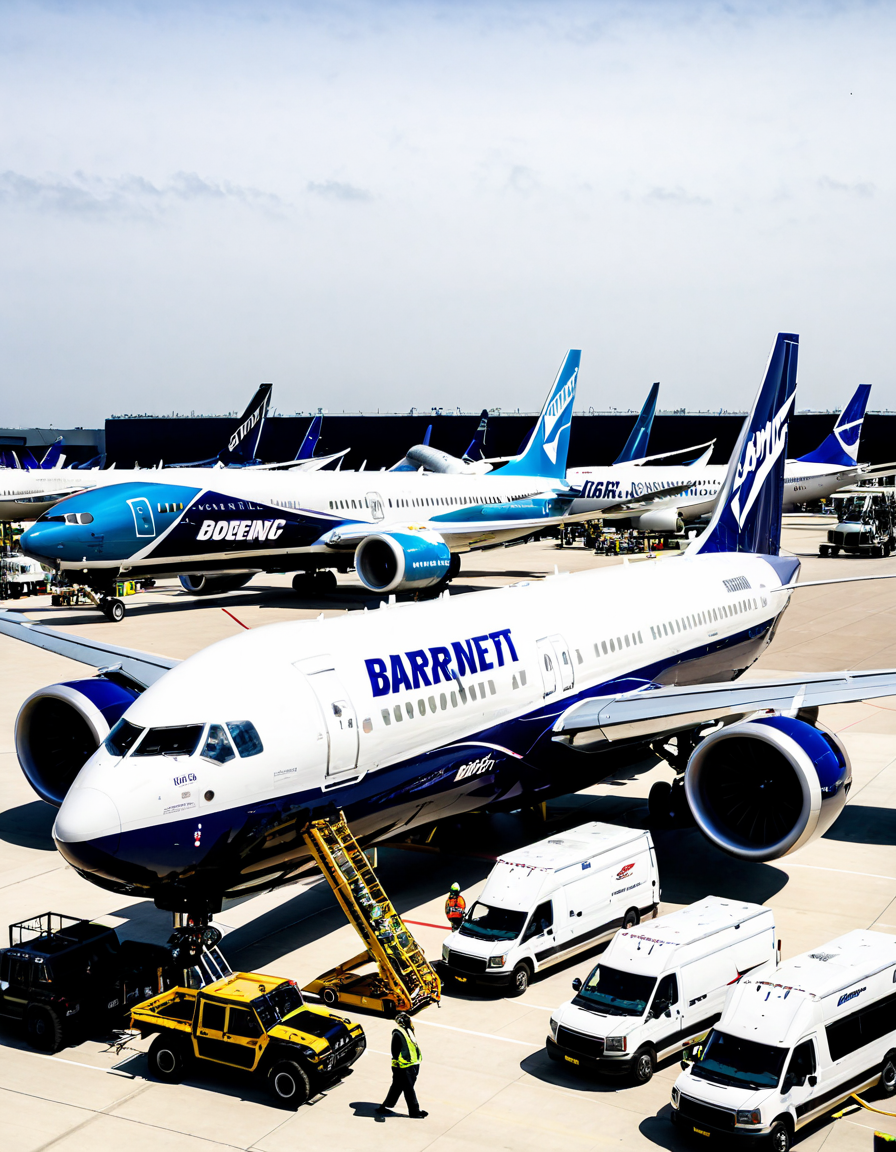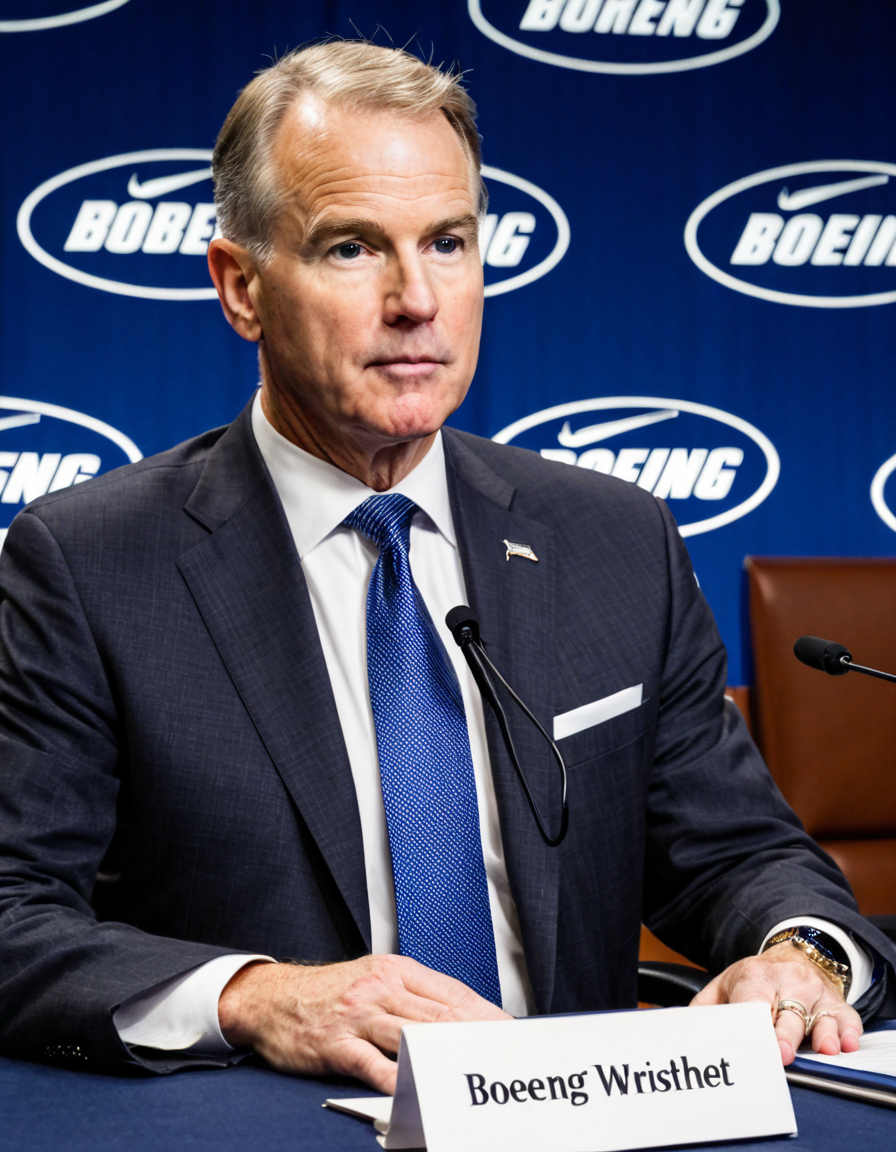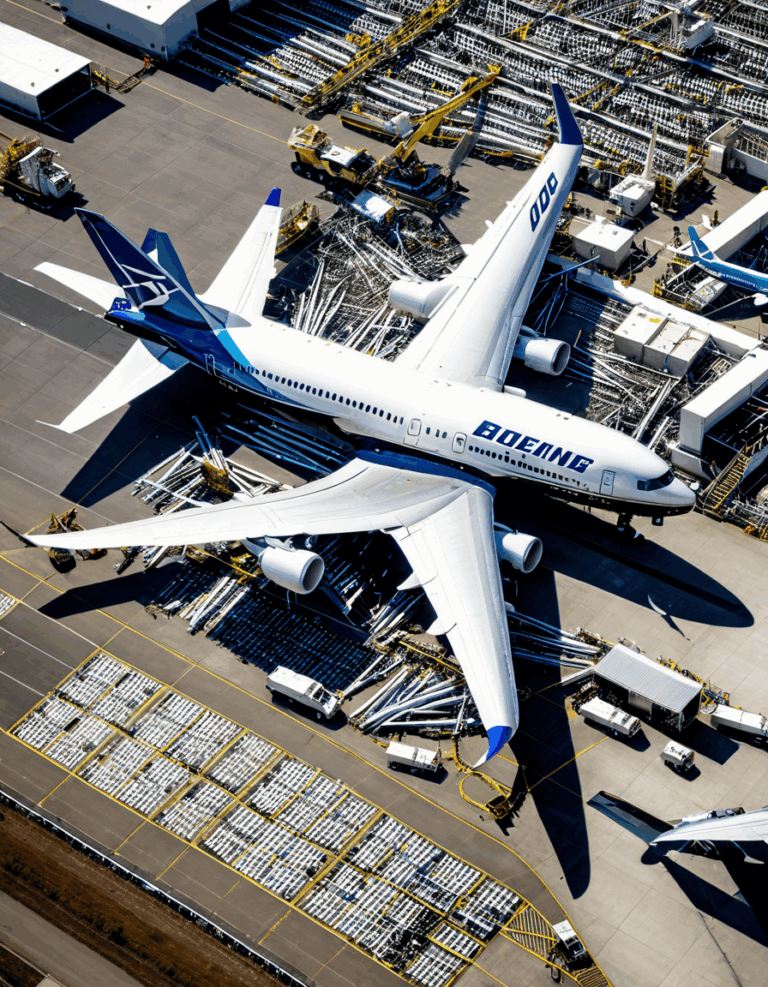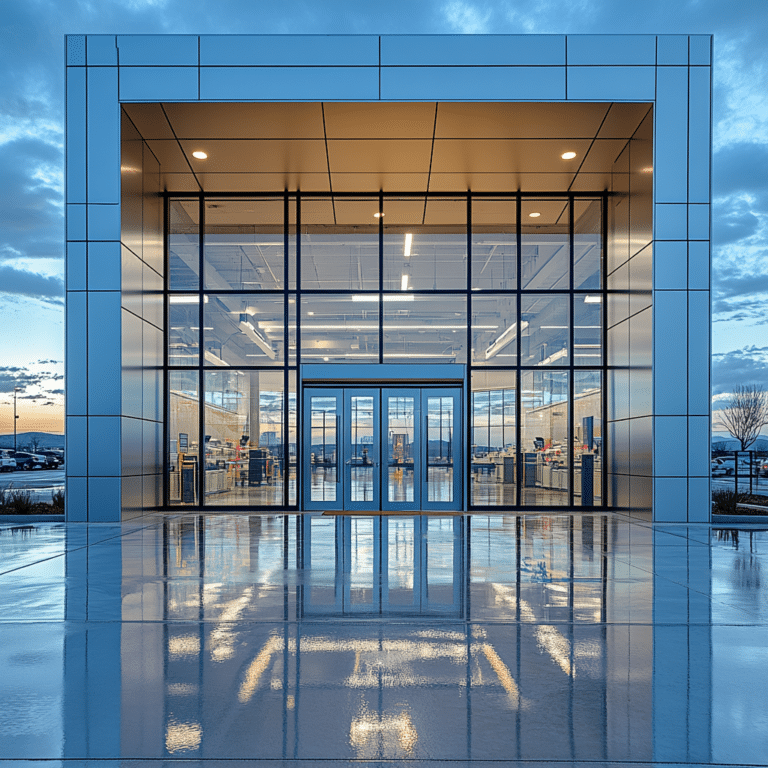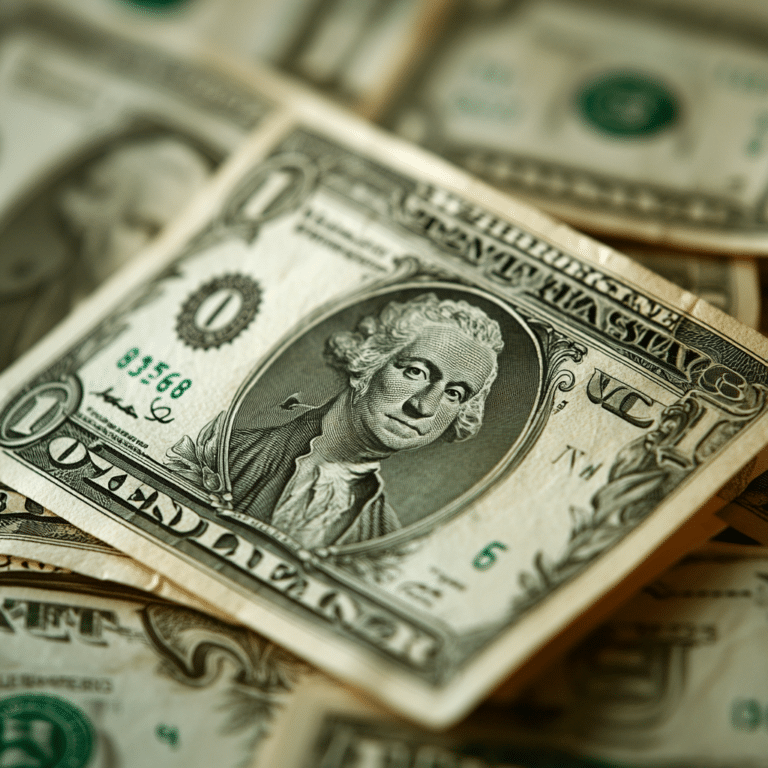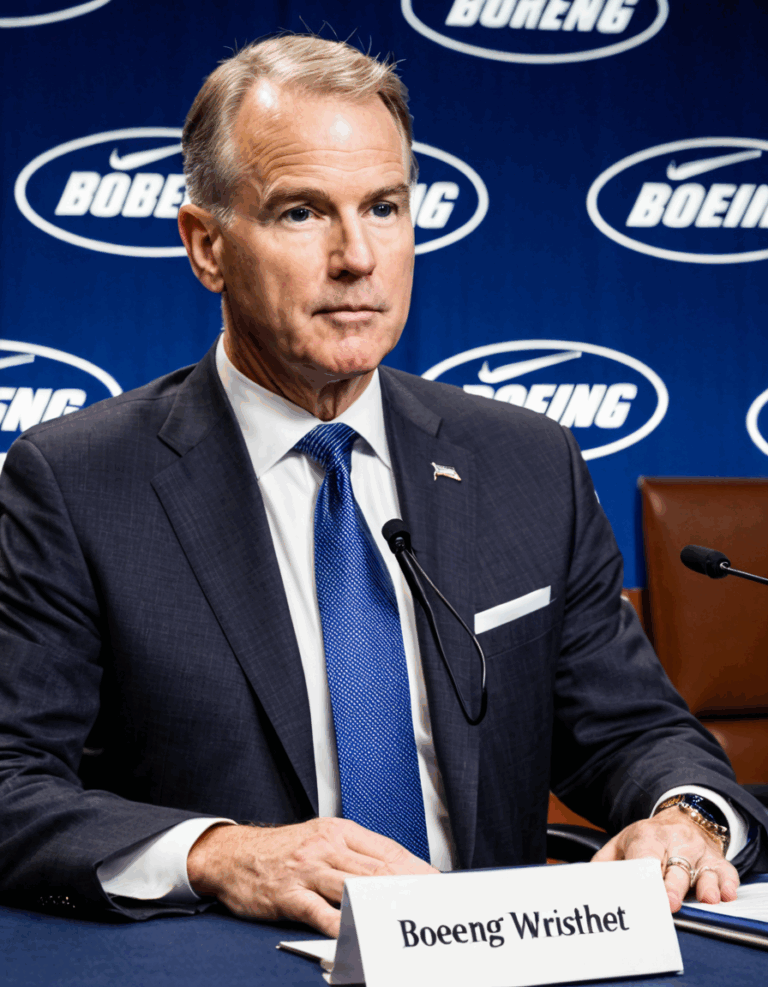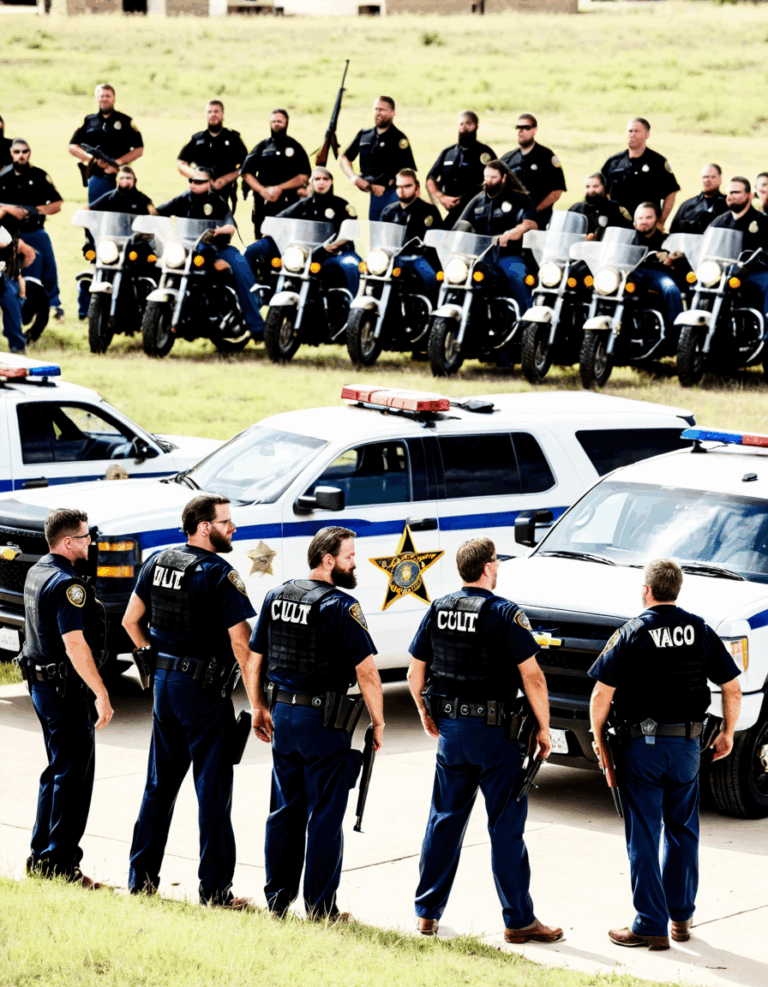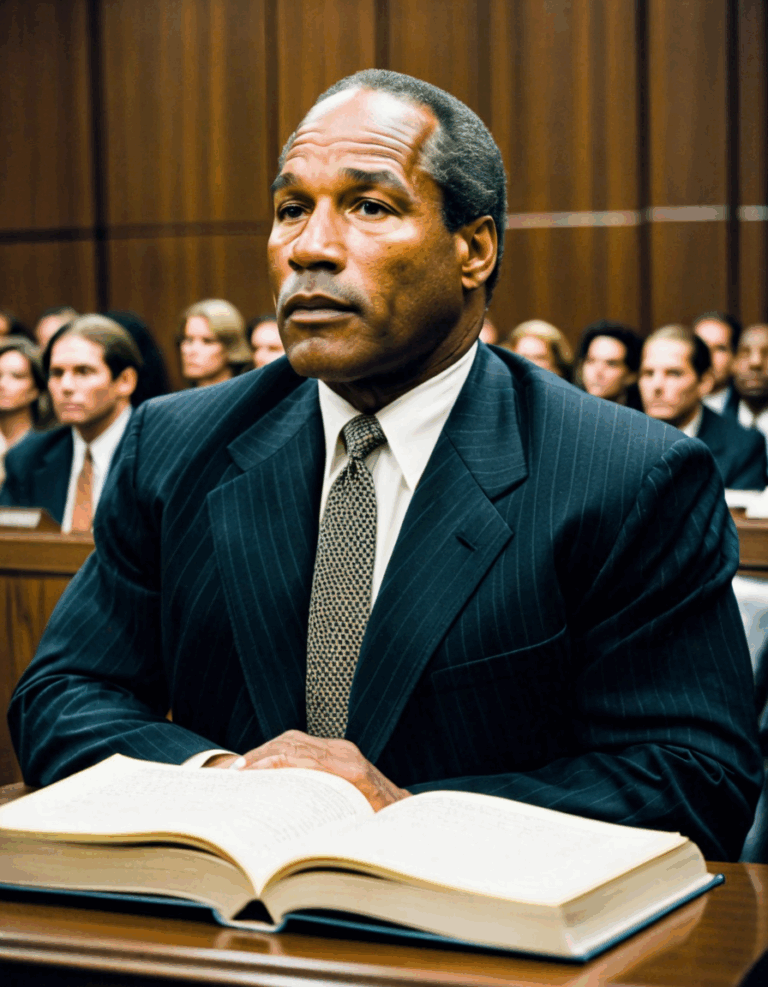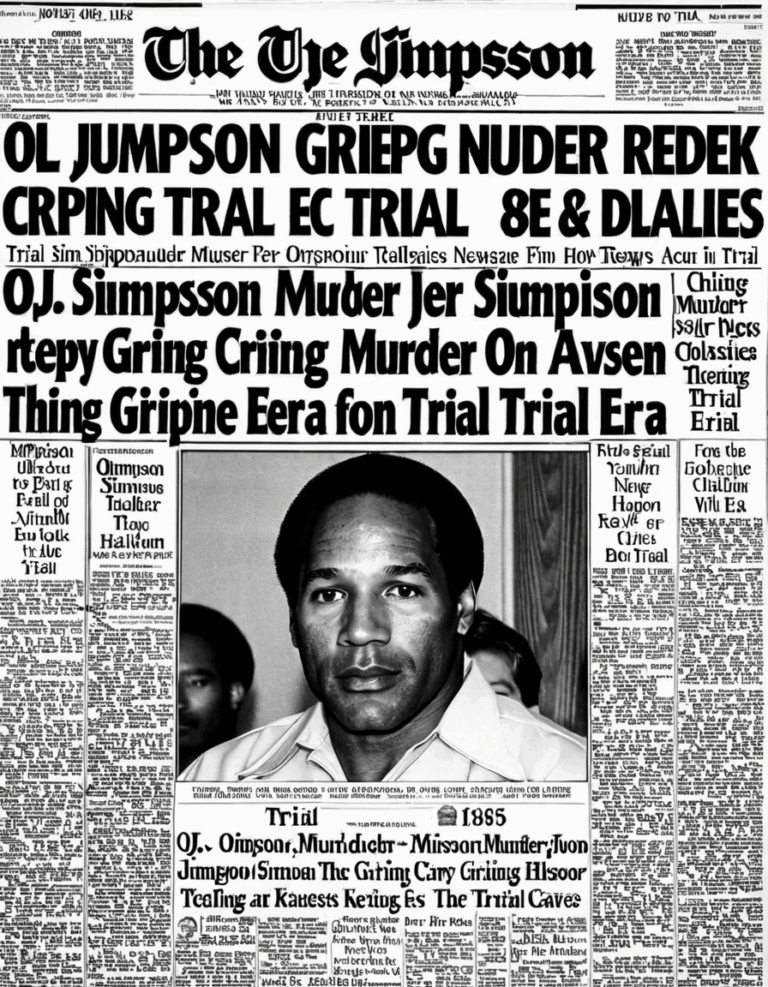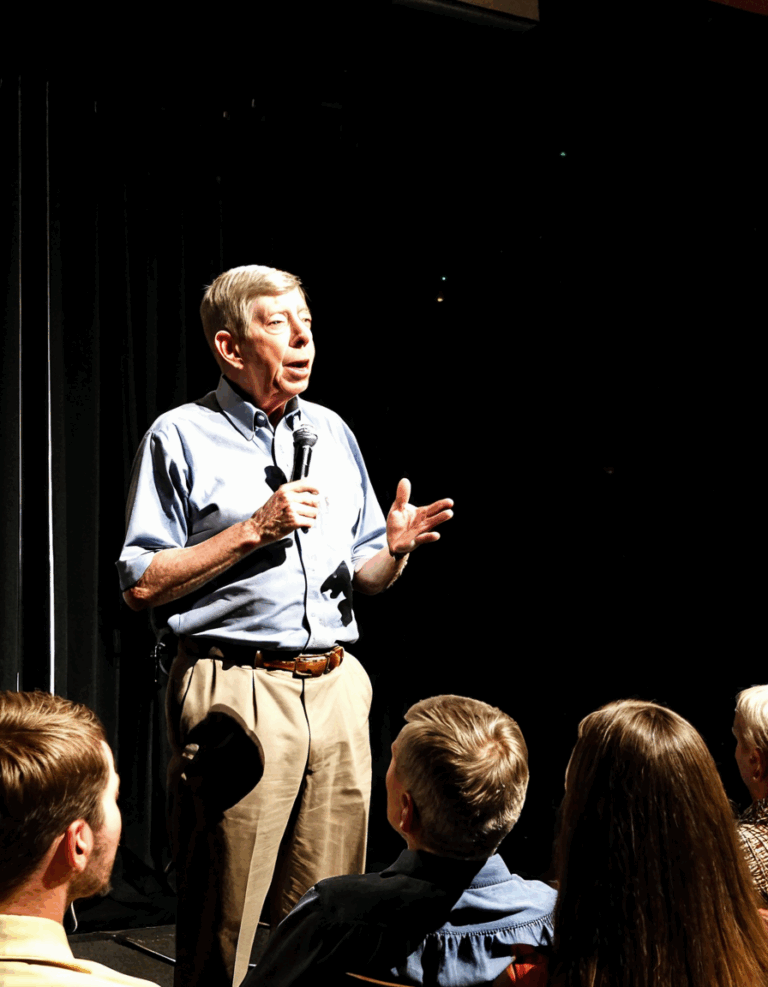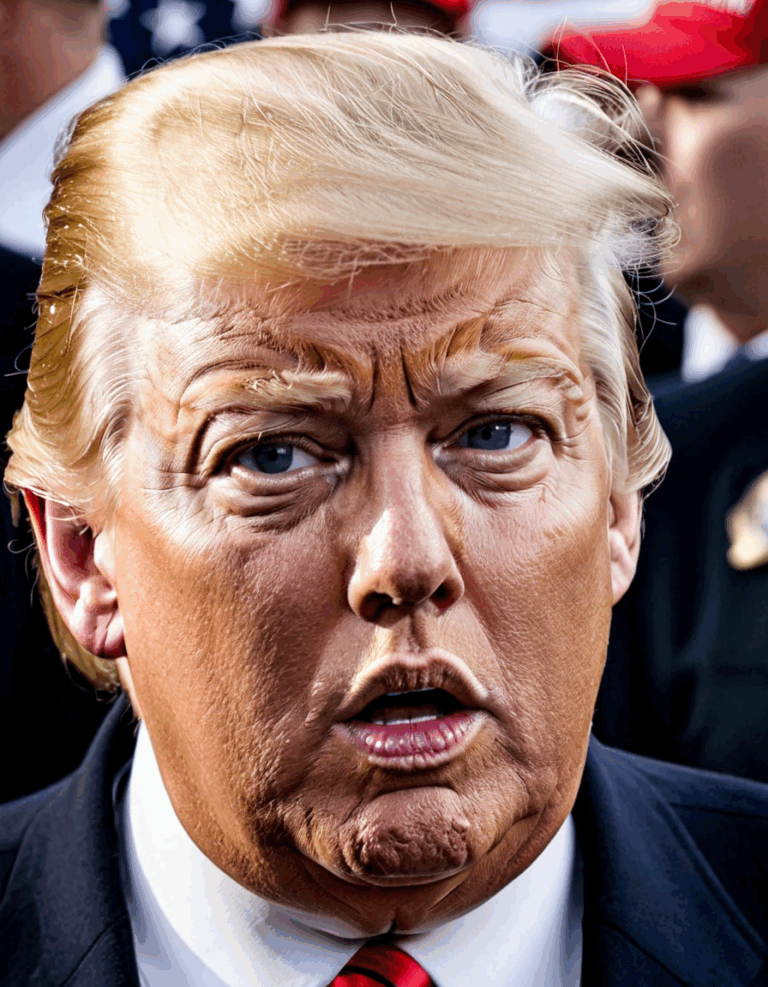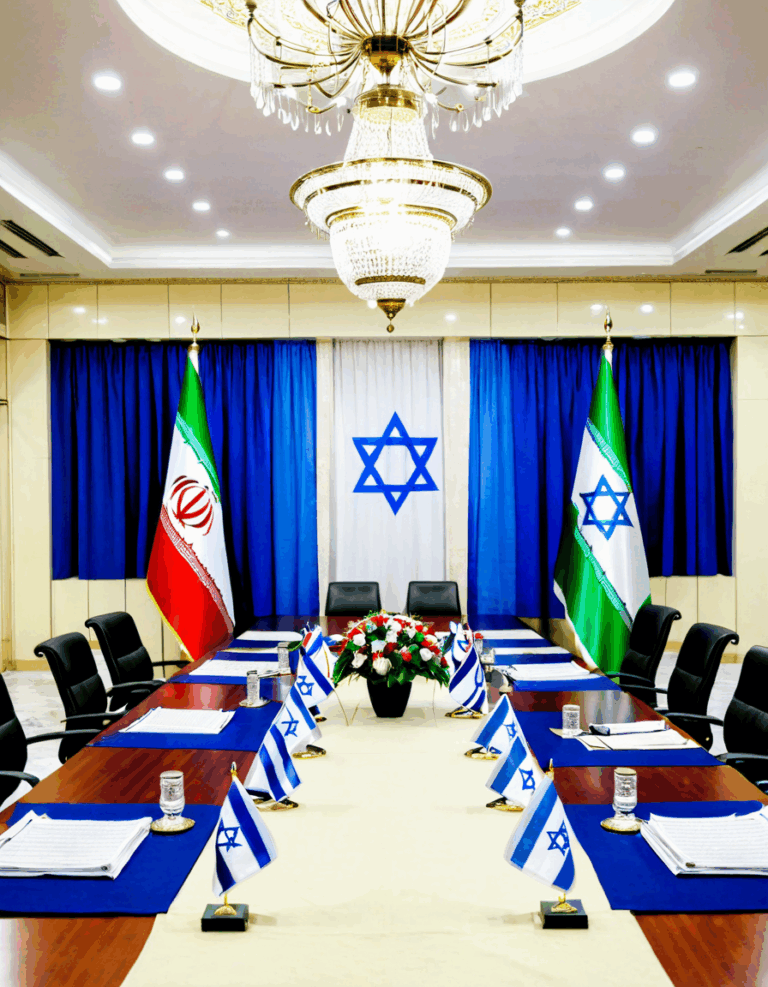In a climate where air travel is an integral part of our daily lives, the revelations made by Boeing whistleblower Barnett have sent shockwaves through the industry and beyond. As a seasoned safety engineer with firsthand experience at Boeing, Barnett has bravely stepped forward to expose a series of alarming safety violations that could have dire consequences for the flying public. His insights raise crucial questions about Boeing’s safety protocols, corporate culture, and the overarching responsibility we all share to protect airline passengers. Let’s take a closer look at what Barnett uncovered, and why these claims matter now more than ever.
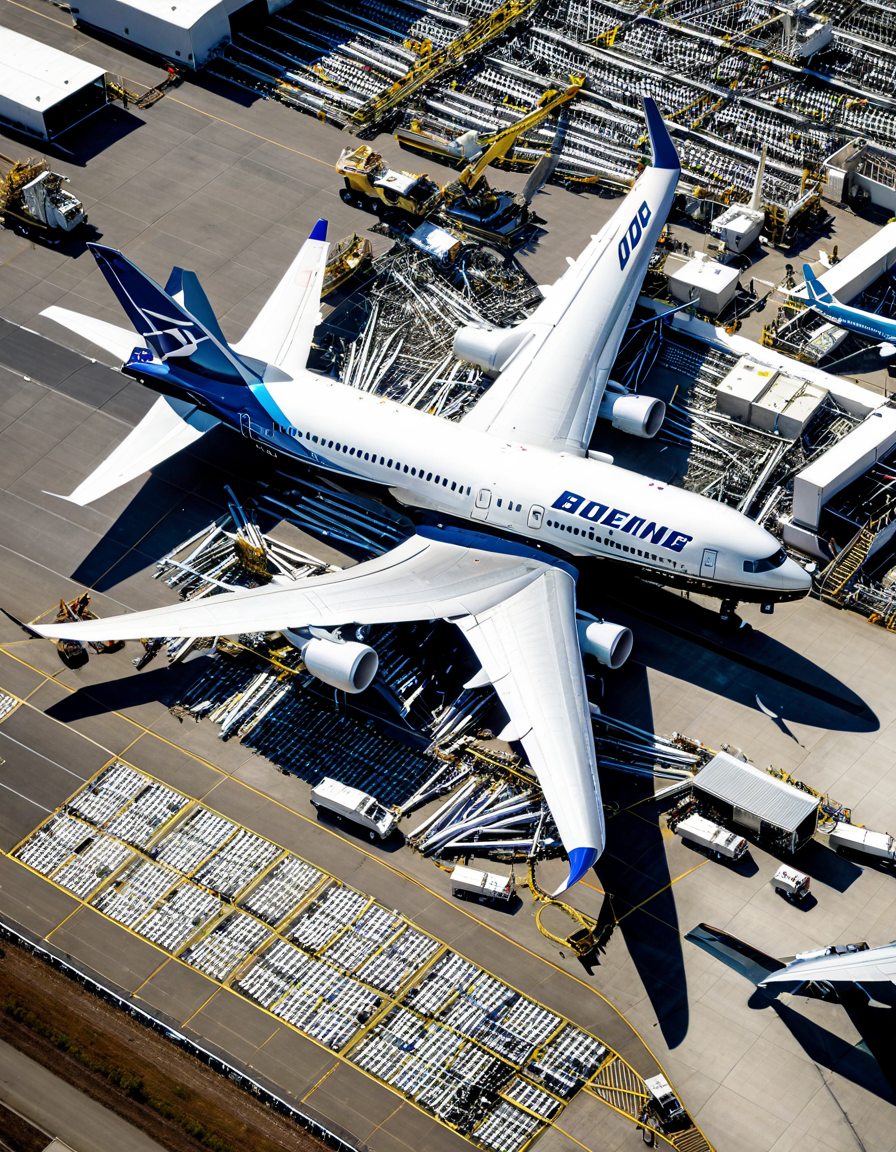
1. The Revelation: Boeing Whistleblower Barnett’s Claims
Boeing whistleblower Barnett’s claims paint a troubling portrait of an organization that, at times, seems to prioritize profit over safety. He uncovered multiple instances of negligence that could endanger lives, detailing an environment that fosters fear and silence rather than transparency. Barnett’s experience as a safety engineer uniquely positioned him to identify these critical issues—he wasn’t just an outsider throwing stones; he was on the inside looking out.
Barnett’s allegations reveal a troubling disregard for industry standards, with corporate pressure often chipping away at essential safety practices. This isn’t just about being on the wrong side of regulations; it’s about safeguarding the lives of everyday citizens who board planes believing they are in safe hands.
As the details of Barnett’s claims come to light, it becomes evident that the challenges within Boeing reflect broader safety concerns that can spill over into the entire aviation sector. The goals of aviation safety must always come in at number one, not merely a box to tick for compliance.
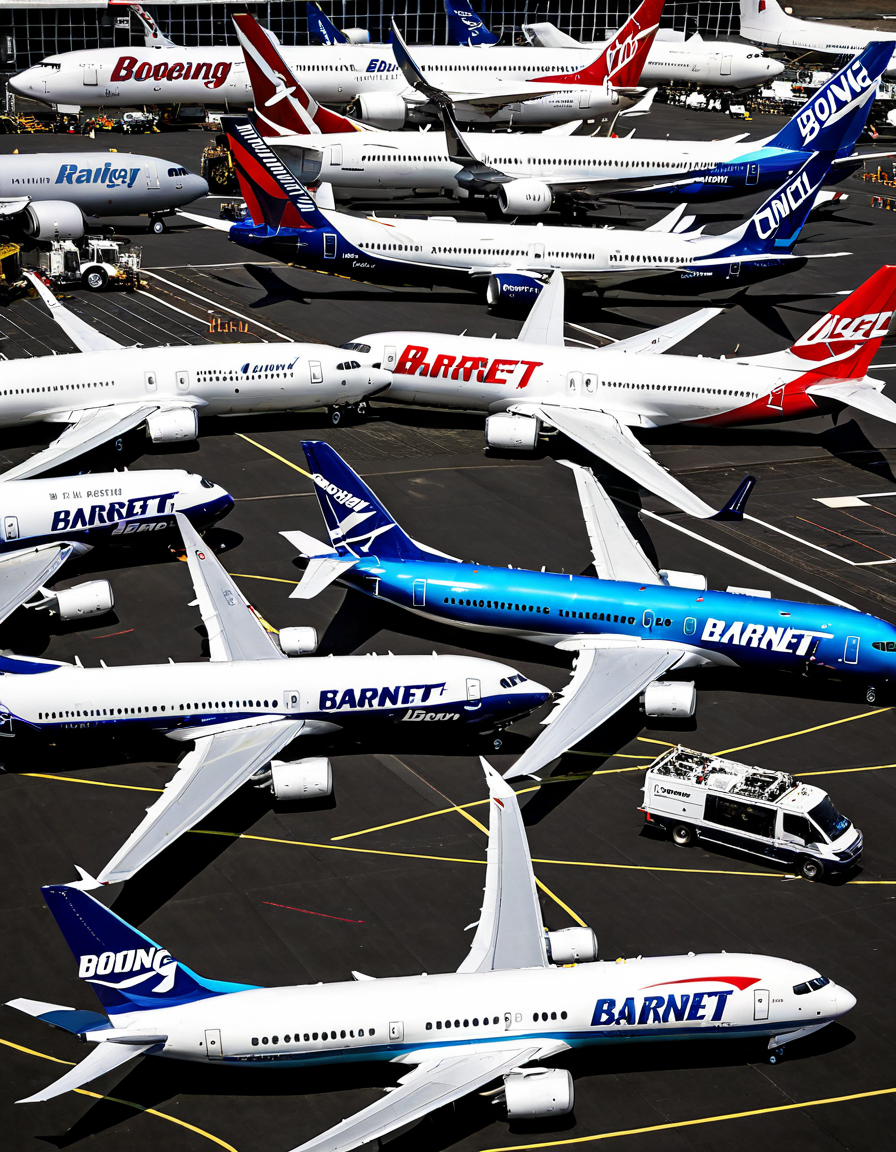
2. Top 5 Safety Violations Exposed by Boeing Whistleblower Barnett
Barnett’s decision to blow the whistle revealed five terrifying safety violations that should concern every air traveler:
3. The Fallout: Industry Response to Barnett’s Claims
In the wake of Barnett’s explosive claims, both Boeing and regulatory bodies like the Federal Aviation Administration (FAA) have faced intense scrutiny. Boeing’s official response has been to assure the public and regulators that they prioritize safety. However, the question remains: are these assurances enough to address the systemic issues Barnett has laid bare?
Regulatory bodies have launched investigations into Boeing’s safety practices, reviewing the company’s adherence to safety protocols. Naturally, one must wonder if these measures are merely a facade—a temporary band-aid on a gaping wound. The fallout from Barnett’s whistleblowing could spur a critical reevaluation of safety measures, not just within Boeing but across the entire industry.
Without genuine reform, public trust in aviation safety will continue to erode. As citizens become aware of these allegations, we must demand accountability, not just from Boeing but from regulators whose responsibility it is to oversee these critical safety measures.
4. Boeing Whistleblower Barnett: Personal Risks and the Whisper of Death
The journey of a whistleblower rarely comes without significant personal risks. Barnett’s brave disclosures have likely exposed him to career repercussions and potential retaliation from corporate giants eager to silence dissent. After all, speaking out can come with a heavy price, as Barnett himself understands all too well.
A chilling reminder of the risks inherent in blowing the whistle on corporate misconduct arose from the tragic story of Edward Smith, a former whistleblower who died in a suspicious accident shortly after raising alarm bells about safety at another aviation company. The unsettling parallel between Smith’s case and Barnett’s current situation underscores the real dangers that whistleblowers face, creating a culture of fear that discourages others from coming forward.
This underappreciated risk prompts serious conversations about the treatment of whistleblowers across industries. If Barnett’s bravery leads to reform, it may also shine a light on the need for better protections for individuals like him, who risk everything for the greater good.
5. The Broader Impact: Lessons for the Aviation Industry
The repercussions of Barnett’s revealing disclosures extend beyond just Boeing, prompting discussions of significant long-term implications for the aviation industry. As regulators and corporations grapple with the fallout, a renewed focus on safety and accountability must prevail. Regulatory practices should evolve in response to such serious claims, ensuring that whistleblower protections become a priority.
Furthermore, organizations in the aerospace sector can glean valuable lessons from Boeing’s mistakes. Transparency and openness should be baked into every layer of operational protocol to foster safe working environments. When employees feel secure in raising concerns without fear of reprisal, the aviation community collectively emerges stronger.
Finally, rebuilding public trust in aviation safety is paramount, especially after high-profile incidents like the Boeing 737 Max crashes. Only through systemic reform can the aviation industry hope to regain public confidence and ensure safer skies for everyone.
Innovative Wrap-Up: The Path Forward for Aviation Safety
As Boeing grapples with the serious implications of Barnett’s allegations, now more than ever is the time for the aviation industry to prioritize safety over profit. The bravery of whistleblowers like Barnett reminds us that accountability shouldn’t just be an afterthought; it must be woven into the fabric of corporate culture at all levels.
A strong emphasis on transparency, backed by robust whistleblower protections, can radically transform how safety concerns are handled in the industry. We owe it to those who fly and the professionals who work tirelessly to maintain safety standards to challenge the status quo in aviation. Protecting the flying public and honoring the courageous voices who dare to speak out should be our collective mission moving forward.
In conclusion, the plight of Barnett serves as a clarion call. If we hope to save lives and ensure that air travel remains safe, our industry leaders must prioritize ethical practices and embrace the whistleblowers who courageously shine a light on the truth.
For readers interested in real-world connections to safety and accountability, consider the tragic narratives that surround whistleblower cases, or look into the toxic environment highlighted in the context of the Waco cult. These stories serve as a reminder of why we must not only be vigilant but also proactive in holding corporations accountable. From reports on safety violations to the grave consequences faced by individuals daring enough to speak out, let this be a moment of awakening for us all.
Boeing Whistleblower Barnett: Safety and Surprises
The Voice of Courage
A former senior engineer at Boeing, the Boeing whistleblower Barnett bravely stepped forward, raising alarms about safety violations. His journey isn’t just a procedural saga; it’s full of human interest. Interestingly, on his path to expose these critical issues, Barnett echoed sentiments similar to those voiced by other whistleblowers, who sadly have faced dire consequences, as discussed in the chilling accounts of Boeing whistleblower Deaths. These stories unearth not only the courage it takes to speak out, but they also remind us of the price some pay for safety.
While Barnett’s revelations grabbed headlines, the aviation giant wasn’t the only topic of discussion. Folks often chat about pop culture icons like Justin Bieber And Selena gomez, but let’s shift gears. When we peek into the personal lives of these celebrities, we oftentimes learn about resilience in their struggles, reminiscent of what Barnett showcases in his fight for ethical accountability. Each individual story drives home the fact that standing up can set off ripples far beyond initial intentions.
Truth and Consequences
Barnett’s disclosure led to widespread calls for reform within the aerospace giant, and who can blame him? Just ask Adewale Akinnuoye-agbaje; actors like him often champion for change but face backlash. It’s a tricky balance of fame and responsibility, similar to how Barnett had to navigate corporate politics in his quest for safety.
As details unfold, it’s essential to remember that whistleblowing isn’t just a corporate phrase; it’s a movement. Barnett and others shine a spotlight on potential corporate missteps, drawing attention to those anxiety-inducing safety issues that can feel overwhelming. Reminiscent of Texas Killing Fields stories, where communities band together for truth, Barnett’s messag has united people in pursuit of better safety standards.
A Culture of Transparency
Drawing parallels from other high-profile stories, such as the recent headlines about Cuomo, Barnett’s actions highlight the critical role that perception plays in society. The ongoing dialogue surrounding safety in every industry is vital, hinting that accountability is everyone’s responsibility—similar to how the pressures of fame affect people like Marcia Harvey, who also faced public scrutiny.
In a world where questions linger on important topics and individuals scrutinize issues like How much Is a gram Of cocaine in pop culture, the bravery of the Boeing whistleblower Barnett illustrates the stakes involved in corporate safety. His efforts act as both a cautionary tale and a beacon, reminding us that every voice counts when it comes to protecting lives and building a culture of transparency.
